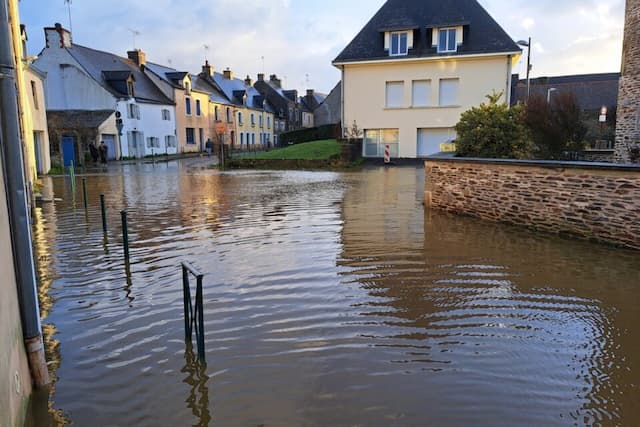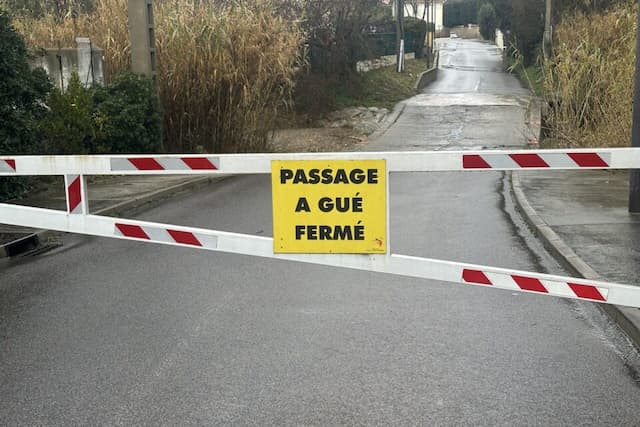Nantes: After the Fire, the Saint-Donatien Bascilica Starts Reconstruction


The first phase of repairs of the building on fire in June begins this week …
Four months after the fire in the Saint-Donatien Basilica, the time of expertise and business consultations has finished and work has began this week as expected.
The first phase of the project, that of securing and repair, will last until the end of 2016. It must first start, until mid-December, to dispose of materials that may fall from the roof (elements charred wood and slate essentially) and consolidate the side walls exposed to winds. This is all taking place with the aid of a very high crane (90 m).
The risk of collapse of the ceiling remains
Then, between mid-December and mid-January, there will be the installation of a “giant umbrella”, in fact a metal cover 400 m2, above the frame to make the building water tight. Two steps deemed “extremely complex due to the instability” of the roof elements.
This will be followed, from January to December 2016, at time to review and try to recover the damaged stone arch, the evacuation of many materials that fell down, and diagnosis of the great organ remained inaccessible for security reasons.
“The risk of collapse of some parts of the vault remains. It will only be at end of March that we will know whether the building is safe, “says Pierluigi Pericolo, architect, specialist in the restoration of churches.
Four years of work, eight million euros
The second phase of the project, that of reconstruction, is expected to last from 2017 to late 2019, says the city of Nantes. “It is too early to comment on a public reopening date. The schedule may change depending on remaining studies to perform and the hazards of the work, “explains Florent Cortet, Director Building-architecture-work-engineering of the municipality of Nantes.
The overall cost of these four years of work is estimated at eight million euros. The first phase alone will cost 2.8 million euros. The city of Nantes is the owner of the basilica, but his insurer will pay the bill. “Everything will be covered by insurance, promised Olivier Château. It will cost nothing to the taxpayer Nantes. ”
Enjoyed this? Get the week’s top France stories
One email every Sunday. Unsubscribe anytime.


